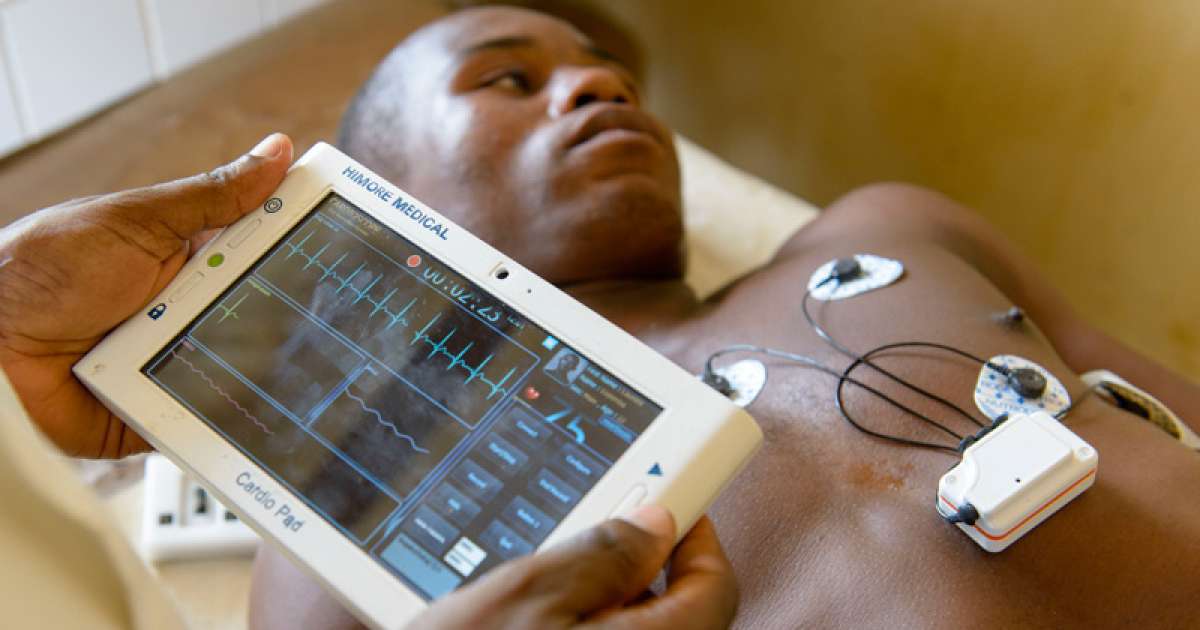Guide To Hypokalemia Symptoms
Hypokalemia is a condition characterized by lower than normal potassium in the blood (a potassium deficiency). A blood potassium level of less than 3.5 mmol per liter is considered hypokalemia. This is a serious condition because of the crucial roles potassium plays in several organ systems of the body. While a mild case of hypokalemia can be asymptomatic and show up on a routine blood test, a more severe case of hypokalemia can manifest in a number of symptoms and result in life-threatening conditions.
Arrhythmia

Potassium is extremely important in the muscular functioning of the heart in several ways. There has to be an adequate amount of potassium present in the blood for the muscle cells and the brain to transmit impulses correctly. Where there is not, the muscles do not contract properly, and as we know, the heart is the most important muscle in the body. An arrhythmia is defined as an irregular heartbeat. When potassium levels become to lower in the blood, regions of the body that exhibit high levels of electrical activity, such as the heart, cannot maintain proper communications with the brain, causing abnormalities in the contraction pattern of the heart.
Additionally, the imbalance of electrolytes and fluids in the body is significantly disturbed when there is a lack of potassium. This imbalance can have negative influences on the ability of blood vessels to dilate and contract properly, in addition to the heart's reduced ability to pump properly. This causes an elevation in the blood pressure, which also causes an elevation of the heart rate.
Weakness And Fatigue

It is common for low levels of potassium to cause increased fatigue because of the loss of electrolytes and fluids it induces. When the balance of fluids and electrolytes is disrupted, the processes that synthesize energy conversion are also interrupted. This means there will be less energy for all of the cells in the body to do their functions, effectively making an individual feel very tired. In addition, potassium is a mineral that plays a significant role in muscle contraction regulation.
With the shortage of potassium in hypokalemia, the nerve transmissions between the cells of the muscles and the neurons in the brain do not conduct properly. This means the muscles are unable to create strong contractions. This will result in an individual feeling weakness in the muscles because using them normally takes much more effort than usual. Weakness and fatigue are usually the first symptoms individuals with hypokalemia will experience.
